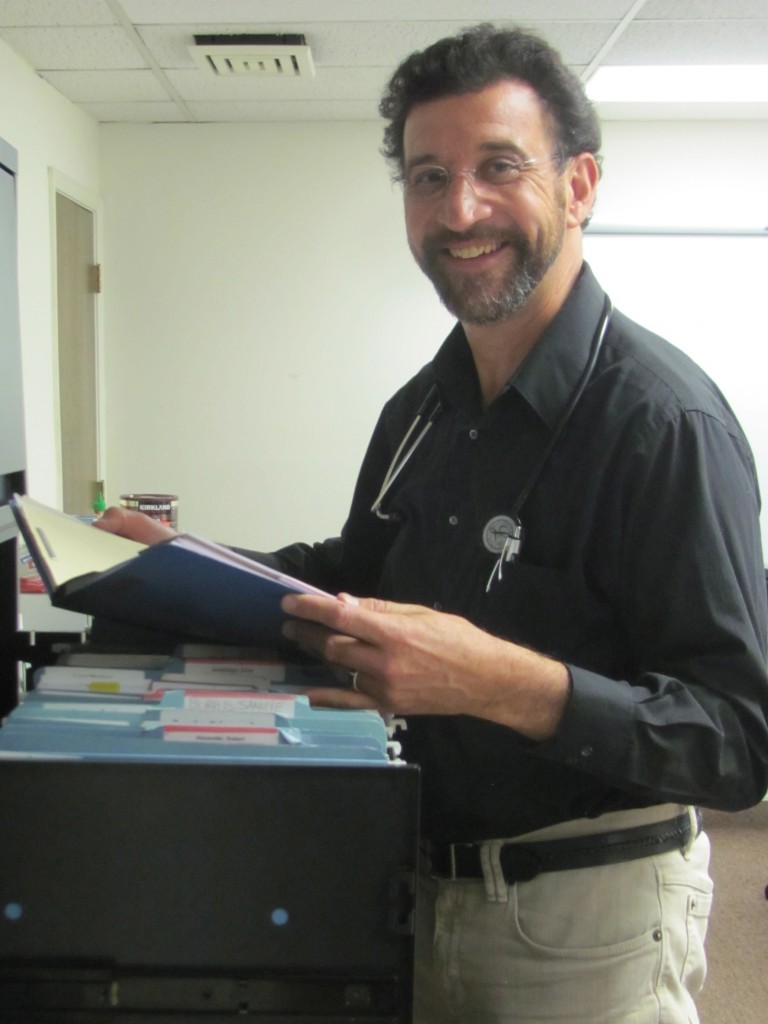 I’m very grateful to nurses. For my mother, living in her small assisted living room, nurses and aides are her lifeline. They attend to her body, and they buoy her spirits. They listen.
I’m very grateful to nurses. For my mother, living in her small assisted living room, nurses and aides are her lifeline. They attend to her body, and they buoy her spirits. They listen.
But who listens to nurses – not just the information they give out – but their stories?
A while back, I taught leadership programs in a large Chicago area health system. As a part of these programs, we listened to the stories of nurses and other health care professionals. We also created events for nurses to share their stories in circles of peers. And we watched something remarkable happen.
Nurses entered our story circles jaded, burned-out and disconnected from the dreams that had propelled them into nursing. Many had been working for years, with long, stressful hours, being asked to care, and care, and care. Some had witnessed so much trauma and loss that they had learned how to bury their capacity to feel.
But as they joined the circles and shared, something shifted. Hearts began to re-open, and many of the nurses began to speak with more joy and pride about their profession.
These circles of nurses taught me the healing power that comes from sharing stories.
This December, my colleague Mary Rives and I are offering a special program in Santa Fe to help nurses discover and share stories about their professional experiences. They’ll work with us over four days, and on the fifth evening, they’ll perform their stories at a public theatre in Santa Fe.
We call our program Nurses Speak and we’ll use the StoryHealers process pioneered by Tanya Taylor Rubinstein.
The StoryHealers work, which I’ve experienced myself as well as facilitated, can be transformative. Participants start to let go of their old stories about the past, while discovering new stories that emerge during the workshop. Members of the audience who hear the stories performed are often very moved as they witness these heartfelt stories.
One of our upcoming participants is Keith Carlson, well known to the nursing community through his podcasts and blogs about the profession. Keith Carlson is himself a nurse, coach, and advocate for nursing. In a recent interview, he shared with me:
“Nursing is the most trusted profession in America. Yet it is one of the most misunderstood.”
Keith described the stereotypical ways the media deals with nurses, using archetypes like the “sexy nurse”, the “nurse martyr”, or the “nurse as savior/angel of mercy.” These stereotypes don’t do justice to the diversity of the profession.
Forget the old image of the nurse as a white skinned, white capped woman, dutifully taking orders from a physician. Today, nurses in the United States come in all colors, from all across the world, and from diverse socio-economic and educational backgrounds. (Their training runs from technical degrees to doctorates.) Ten percent of the nursing professionals are men.
Nursing professionals are the single largest group of health care providers in America. In many states, nurses with advanced degrees, such as nurse practitioners, perform work formerly done only by doctors, and work without direct physician supervision.
Nursing can be very hard work. Being a caregiver dealing with our broken health care system, while sometimes carrying life and death responsibility for patient outcomes, is stressful – emotionally, mentally and physically. In many hospitals, (and not all nursing occurs in hospitals, Keith reminded me), financial pressures mean nurses are asked to carry larger and larger patient loads.
No wonder there’s so much fatigue, de-moralization and burnout in the profession. Yet there are great stories and miracles to be told as well. And we can listen.
As Keith spoke, “A lot of nurses lose touch with what it’s really all about for them in the stress of their profession and their professional lives.”
“Nurses Speak is an opportunity for nurses to look more deeply at why they do what they do, why they are what they are, and why they work as nurses in the first place.”
Keith hopes Nurses Speak will send the community a positive message about the nursing profession and attract others to the profession. He believes that groups of health care professionals – including nurses, aides, administrators, doctors, and related professionals could improve their working relationships by listening more deeply to each other’s professional stories.
Our first group debuts December 4 – 8th in Santa Fe. And I’m already imagining the possibilities.
I want to share my vision with you:
What if, instead of endlessly debating what’s broken in our health care system, using platitudes, politics, and fixed positions, we allowed ourselves to listen to the voices of health care professionals and their patients, offered through their stories? Informed with empathy, and understanding as well as facts, we might do a better job of creating a more fair, accessible and quality health care system.
I’d be willing to bet on it.
Here’s to listening!
P.S. If you know any nurses who might be interested in the Nurses Speak program in Santa Fe – here’s more information!









